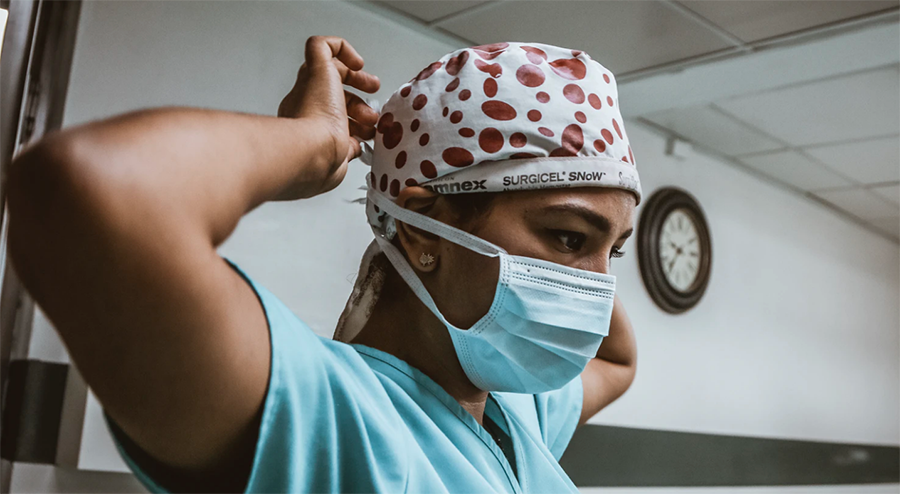
It’s been 17 years since a severe acute respiratory virus (SARS) appeared in China. Within weeks, SARS spread to nearly 25 countries in Asia, South America, Europe, and North America, infecting 8,000 people and killing 800. Recently, a new SARS-like illness, COVID-19, caused by a novel coronavirus, has emerged. As of April 1, 2020, with no antiviral treatment or vaccine to curb its spread, COVID-19 has now spread to 210 countries, infecting more than 1.3 million people and killing nearly 70,000.
The onset and persistence of the COVID-19 global pandemic has many people feeling as if they are living in a whole new world. There’s no such thing as “business as usual” as people around the world seek to adjust their personal and professional routines to comply with social distancing and other mandated public health measures. Even those who are recognized experts in their fields are having to re-examine the very basics of their professions with a new “coronavirus” perspective.
The workers compensation industry is a case in point. In light of the many questions the pandemic poses with regard to COVID-19, the National Council on Compensation Insurance (NCCI), the nation’s leading expert on workers compensation, recently offered some observations.
Compensability
The most frequently-asked question, says NCCI, is whether COVID-19 is compensable under Workers Compensation (WC). Because this public health crisis is unprecedented in modern times, many states are still figuring this out. While WC laws provide for compensation of the so-called “occupational diseases (diseases that “arise out of or result in the due course of” employment), many state statutes expressly exclude the “ordinary diseases of life,” such as influenza and the common cold. Where exactly COVID-19 falls has yet to be decided.
Even in the case of those professions (such as first responders and healthcare providers) with a high probability of exposure, it is still uncertain as to whether COVID-19 is compensable. As cases skyrocket, states are individually revisiting their workers compensation policies, especially as they relate to those on the front lines.
For example, on March 5, the state of Washington changed its policy related to workers compensation coverage for healthcare workers and first responders to provide benefits during the time that they are quarantined after being exposed to coronavirus on the job. The state of Washington will also cover medical testing, treatment expenses, and indemnity payments for those who cannot work if they are sick or quarantined due to COVID-19.
As of April 1, 10 additional states have issued mandates for coverage of coronavirus to include coverage for testing visits to ERs or Urgent Care facilities, either in-network or out of network, without deductibles or copays.

